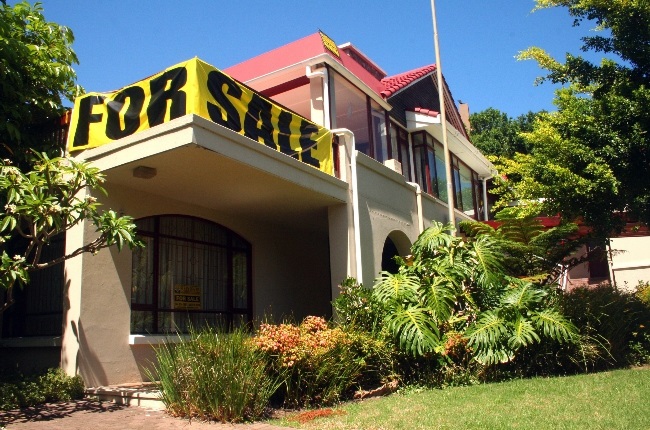
You've been searching for a while, occasionally finding the perfect house, only to find out it's under offer. Some of the properties you fell in love with online, turned out to be a disaster when you went to view. But now the search is over.
You've finally found the perfect property to live in or run your business from. Then you hear terms like transfer fees, transfer duty and bond costs.
The overwhelming thoughts of all the fees, costs and legal jargon you'll have to come to grips with can really dampen any excitement about finally owning property.
But there's no need to be overwhelmed, according to attorney Penny Chenery. She explains the difference between the financial terms and explains who's responsible for the various fees.
Read more | Property buying 101 | So many lawyers – what’s the difference between them?
"There is a difference between transfer fee and transfer duty. Transfer fees are legal fees paid to lawyers and transfer duty is a tax that paid to SARS and both are calculated based on the purchase price. The higher the purchase price, the higher these amounts will be.
"Other costs include money for the deeds office, the municipality and body corporate or home owners association to get clearance certificate," she says.
Bond costs, she explains, are incurred when someone is buying the property through bank financing and not out of pocket.
Read more | Property buying 101 | 100% home loans, access bonds, repo rates – a guide for the first-time buyer
- What does the seller pay for?
Conveyancer Ncumisa Nongogo says the buyer is responsible for the transfer costs.
"There are other costs that may arise such as municipal rates that are to be paid, and it is the seller that must pay those. When the buyer gets the property, the property must be 'debt free' as it were. Any and all amounts that payable on the property are the responsibility of the seller," she says.
Ncumisa adds that the costs that come from taking a mortgage are paid by the buyer.
The seller is responsible for paying the bond cancellation costs.
As the buyer, you will pay for the bond attorneys, postage and petties, the deeds office fee and a deeds search fee which is conducted by the bond attorney. You also pay the transfer attorneys' costs, including their deeds search fee, electronic facilitation costs, and then there’s transfer duty, which is paid to Sars for a property worth more than R1 000 000.
Here is an illustration of what a breakdown of your bond and transfer costs may look like:
- Purchase price: R1 100 000
- Home loan amount: R1 100 000
- Total bond and transfer costs: R65 486
Bond registration cost breakdown: R33 842
- Bond registration costs (incl. VAT): R24 621
- Bank initiation fee (incl. VAT)*: R6 037 (this varies, check with bond attorney)
- Deeds office levy***: R1 283
- Postage, petties and other application fees (incl. VAT): R1 900
Property transfer cost breakdown: R31 644
- Property transfer costs (incl. VAT): R24 621
- Deeds office levy***:R1 283
- Transfer duty**: R3 000
- Postage, petties and other application fees (incl. VAT): R2 740
Costs are effective as of May 2021
* This is a once-off fee charged by the banks to open a loan account. This fee applies to natural persons.
** This is a government tax on the transfer of property title.
*** Non-VATable.
Source: Property24.com. See disclaimer here.
"If you buy cash, there will be no bond costs, but there are always transfer fees. However, if the purchase price is less than R1million there is no transfer duty, you only pay transfer fees," adds Penny.
She says she does not want to scare people off buying their dream properties, the most important thing to do is read.
"Make sure you read and understand the sale and loan agreement. It overrides any conversation or verbal agreement you may have with the estate agent or seller. If there are any specific terms you agree to, make sure they are in that document. If it does not make sense to you, don't sign it."



















